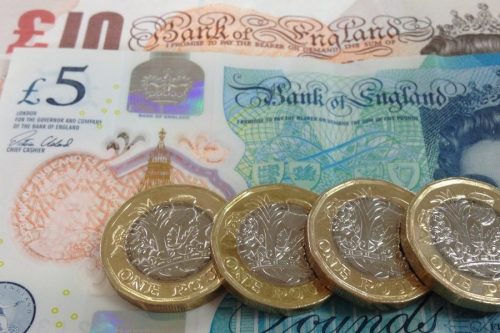UK fell into recession at the end of 2023

The UK entered into “technical recession” at the end of 2023 after new figures from the Office of National Statistics (ONS) showed that GDP fell by 0.1% in December and by 0.3% during the final quarter of 2023.
The criteria for recession is two consecutive quarters of negative growth. The final quarter figures followed a contraction of 0.1% in the three months from July to September.
The news will come as a hammer blow to Prime Minister Rishi Sunak. One of his fabled “five promises” was to grow the economy in 2023 – this morning’s figures showed he has failed.
Construction and production output fell by 1.3% and 1% during the October – December period, while services also dropped by 0.2%.
Liz McKeown, director of statistics at the ONS, said: “Our initial estimate shows the UK economy contracted in the fourth quarter of 2023. While it has now shrunk for two consecutive quarters across 2023, as a whole the economy has been broadly flat.
“All the main sectors fell on the quarter, with manufacturing, construction and wholesale being the biggest drags on growth, partially offset by increases in hotels and rentals of vehicles and machinery.
“The latest data showed that health and education peformed less well than initially estimated in both October and November. Early indications suggest they both contracted in December.”
The figures released today are an estimate and are routinely subject to revision.
George Lagarias, chief economist at Mazars said: “Lower inflation numbers earlier in the week did warn us that this may be the case for an economy that has spent a year teetering around zero-growth. This should come as no surprise given the global growth slowdown and weakness from Europe.
“However, I remain optimistic going forward, that the recession may not be a deep or long one. Firstly, the “recession”, is in fact technical, with the economy moving from slightly above-zero growth to slightly below-zero. It may signify a trend or be the result of macroeconomic volatility. Second, economic strength from across the Atlantic and a high deficit are keeping the prospect of a deep recessionary spiral away. Third, industrial production in Europe picked up in December, for the first time in nearly a year.
“Fourth, we are in an election year. In the age of monetarism recessions are, ultimately, a choice. If the government steps up spending, or if the -independent- Bank of England cuts interest rates faster than presently expected, then the recession should remain short-lived.”









